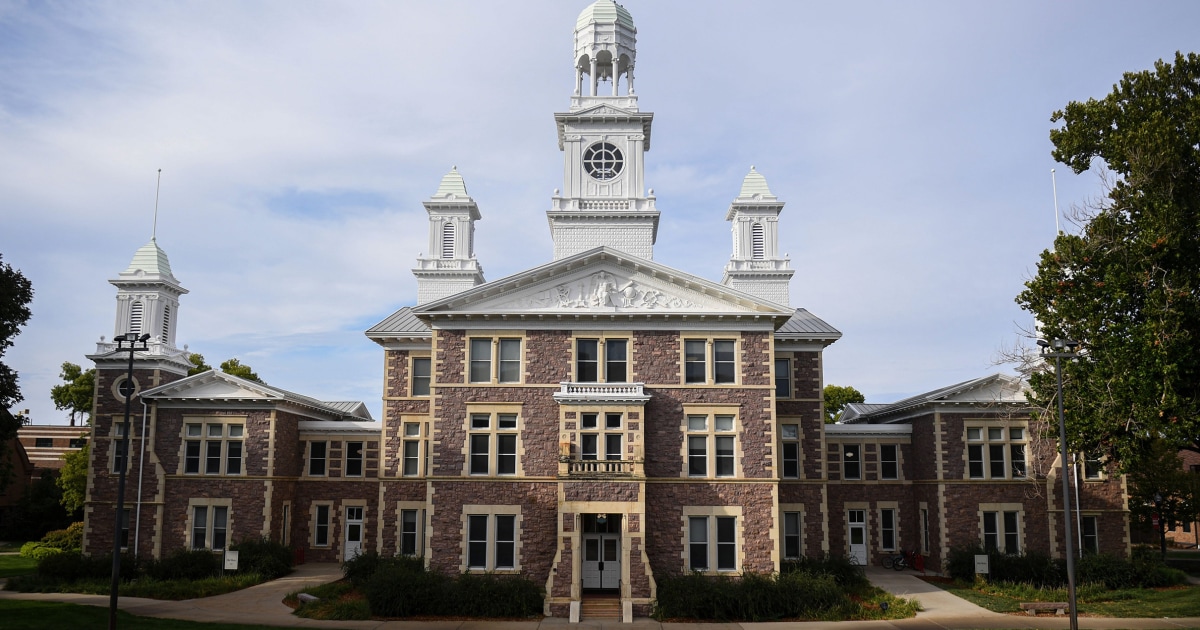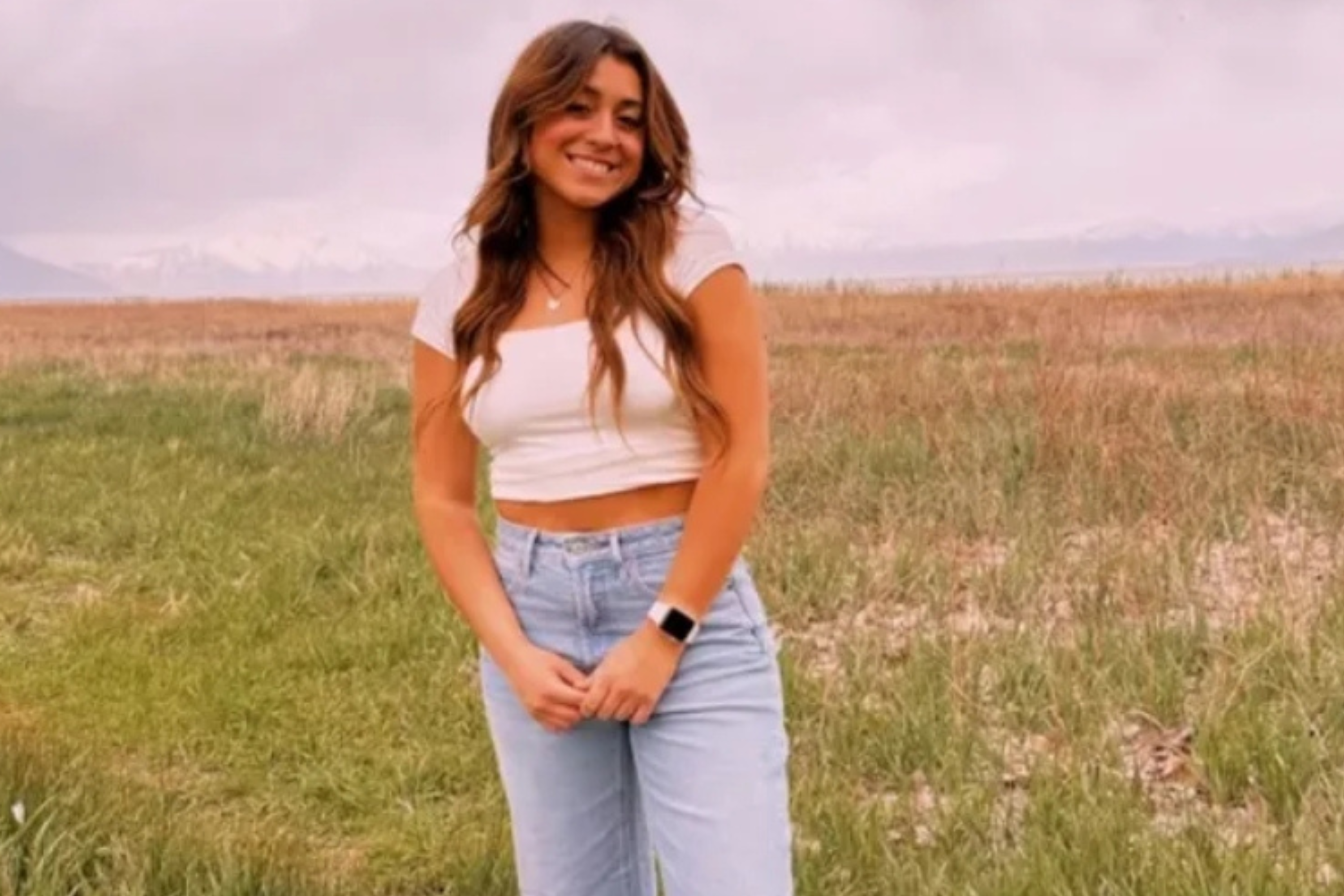Health and Human Services Secretary Robert F. Kennedy Jr. told senators last week that anyone can get a new coronavirus vaccine. But many Americans are finding the opposite.
Confusion is rippling through the health care system as pharmacies and doctors try to adjust to providing a vaccine that is no longer broadly recommended. Americans’ experiences vary widely, from easily booking appointments to having to cross state lines to access the shots, according to more than 3,200 submissions to The Washington Post’s request for readers to share their experiences.
Chain pharmacy locations in some parts of the country have yet to stock the shots or are turning away patients seeking the updated vaccines manufactured to protect people from the worst effects of new strains of the coronavirus. In some states, they require prescriptions, a step that has largely not been required since vaccines became widely available in early 2021.
Even more confusing: Pharmacies are reaching different conclusions about whether they’re allowed to administer coronavirus vaccines, even in the same state. And some states, including New York and Massachusetts, have scrambled in recent days to rewrite their rules to make it easier to get shots.
Many patients puzzle about whether they qualify to get the shot at all, or if they remain free as in years past.
Officials in the Trump administration have insisted that the new coronavirus vaccines remain available to those who want them and have blasted those who have suggested otherwise. Some Republican leaders are casting doubt on the safety of the shots, while some Democratic governors are rushing to preserve access — underscoring the nation’s deepening political divide over vaccines.
In Washington, D.C., Vernon Stewart, a 59-year-old retired parking enforcement officer, spent Wednesday riding his bike to see a doctor to get a prescription for the vaccine and to find a pharmacy where he could get it, only to be told the shot was not available. At one CVS, Stewart was seated in the chair with his sleeve rolled up when a nurse emerged to tell him his Medicaid insurance plan didn’t cover it.
On Friday morning, he hopped on the Metro train to Temple Hills, in Maryland — a state where CVS is not requiring prescriptions. He didn’t have to show his insurance card and paid nothing for the shot. He left with a bandage on his arm and a free bag of popcorn.
“It shouldn’t have to be this hard,” Stewart said Friday. “It was such a hassle. But I found a way.”
Doctors have the option to provide coronavirus vaccines “off label” to lower risk groups without approval from the Food and Drug Administration. Amid the fierce debates about coronavirus vaccines and low uptake of the latest versions, plenty of Americans want them.
Some, like Stewart, simply want to protect their health, despite not being considered at high risk. Many care for elderly or immunocompromised people and don’t want to get them sick. Some want to be immunized before traveling abroad or to reduce their risk of long covid.
Research has shown that annual coronavirus vaccinations reduce hospitalization and death, especially in people with weaker immune systems because of their age and underlying conditions. Health officials in the Trump administration argue that a universal recommendation is no longer warranted, because clinical trials have not demonstrated the vaccines are effective at reducing infection or transmission in younger and otherwise healthy people who are at low risk of hospitalization. Past research into updated coronavirus vaccines suggests they confer short-term partial protection against infections and can reduce transmission by reducing viral loads and symptoms.
Under Kennedy, the FDA in August narrowed approval of updated coronavirus shots to those 65 and older and people with underlying conditions that elevate their risk of severe disease. Typically, a Centers for Disease Control and Prevention advisory committee meets soon after such an announcement — often a few days later — to recommend which Americans should get coronavirus vaccines. The recommendations, which previously applied to everyone ages 6 months and older, compel insurers to pay for the vaccines.
But this year, the CDC panel was thrown into turmoil when Kennedy fired its members and replaced them with his own picks, most of whom have been critical of coronavirus vaccines. The panel is now scheduled to meet Sept. 18-19.
The vast majority of Americans receive coronavirus shots at pharmacies. More than a dozen states limit the vaccines that pharmacists can give without a doctor’s prescription to only those recommended by the CDC advisory panel, according to the American Pharmacists Association, complicating efforts even for those who are seniors or have preexisting conditions as approved by the FDA.
Five Democratic-led states — Colorado, Massachusetts, New Mexico, New York and Pennsylvania — have recently issued orders to pharmacies to provide coronavirus vaccines without a prescription.
At CVS, the nation’s largest pharmacy chain, prescriptions are still required for coronavirus vaccines in Louisiana, Maine, New Mexico (where the order has yet to take effect), Utah and West Virginia. Patients in higher-risk groups can receive them through CVS Minute Clinics to bypass prescription requirements in Arizona, Florida, Georgia, North Carolina, Virginia and D.C.
The nation’s other two largest pharmacy chains — Walgreens and Walmart — have not provided a list of states where prescriptions are required to get the vaccine.
In a combative appearance before the Senate Finance Committee on Thursday, Kennedy bristled when Sen. Maggie Hassan (D-New Hampshire) accused the Trump administration of taking steps that deny people vaccines.
“Everybody can get the vaccine. You’re just making things up,” Kennedy said. “You’re making things up to scare people, and it’s a lie.”
In Virginia, Elaine Cox said she and her husband asked their doctor for a prescription before leaving Saturday for a vacation in Italy. The office declined because it hadn’t received CDC guidance. Cox, 68, suffers from chronic lung disease, and her nephew died of the viral infection in 2022.
“I was crying this afternoon about this,” she said on Thursday. “My family takes [covid] very seriously.”
Pharmacy employees have given conflicting instructions about how to get coronavirus vaccines, patients report.
In San Antonio, 78-year-old Brant Mittler was told at a CVS Minute Clinic that he needed a prescription on Monday, even though the pharmacy includes Texas among its no-prescription states. The next day, a pharmacist at the same clinic told him it wasn’t needed.
In states where CVS does not require prescriptions, coronavirus vaccine appointments aren’t available for younger, healthier people outside the recommended categories. But the list of qualifying medical conditions, including physical inactivity, being overweight or a history of smoking, is so long that nearly anyone who wants a shot should be able to get one, said Amy Thibault, a CVS spokeswoman.
“If you’re five pounds overweight, you qualify,” she said. “If you’ve smoked a cigarette once, you qualify.”
Some people seeking prescriptions from their doctors face pushback.
In Louisville, Stephen Pedigo said his primary care doctor recommended against receiving the vaccine, arguing that covid is mild and that the vaccine has “a lot of complications,” including heart problems, according to a screenshot of their messages.
The most recent CDC guidance says coronavirus vaccination is “especially important” if you are 65 or older and notes vaccines underwent the most intensive safety analysis in U.S. history.
Pedigo, who is 66 and has undergone a heart valve replacement, insisted, and the office gave him the prescription. He received the shot at a CVS on Friday. “I trust the vaccines are safe,” Pedigo said.
Doctors offices also have reported challenges helping patients get vaccinated.
In Raleigh, North Carolina, pediatrician Mary-Cassie Shaw said her office has preordered from Moderna hundreds of shots, at $200 a dose, but worries that insurers won’t provide reimbursement.
Families for the past month have been asking for coronavirus shots to go along with flu vaccines, she said.
One 12-year-old immunocompromised girl went to CVS but needed a prescription from Shaw — who was asked by the pharmacist to rewrite the prescription to include certain diagnosis codes indicating why the patient needed the vaccine.
“I have to do the legwork to come up with the codes that might qualify them,” Shaw said. “It’s a huge barrier. It’s ridiculous.”
Vaccination rates for the latest coronavirus shots have been low, particularly for people not considered at high risk, according to CDC estimates. For adults, uptake of the 2024-2025 vaccine ranged from 11 percent for younger adults to nearly 44 percent for those 65 and older. Roughly 13 percent of children between 6 months and 17 years received the shot.
The most effective way to increase vaccine uptake is to make it easier for people to get the shots, said Noel Brewer, professor of public health at the University of North Carolina Gillings School of Global Public Health. In states such as North Carolina, the added step of getting prescriptions will prompt many people to not bother, he said.
“They might even just hear about other people having a hassle and decide to go back another time and never get back to it,” said Brewer, who studies patient behavior in regard to vaccines.
Last week, California, Hawaii, Oregon and Washington announced plans to form a “health alliance” to coordinate vaccine recommendations based on advice from national medical organizations rather than the federal government, because, they said, federal actions have raised concerns “about the politicization of science,” according to a joint statement.
Massachusetts Gov. Maura Healey (D) announced Thursday that her state would be the first to require insurance companies to cover vaccines recommended by the state’s Department of Public Health, even if the CDC does not. Washington state government officials on Friday recommended coronavirus vaccines for people ages 6 months and older.
At 59, Brewer doesn’t fall into the category of people for whom the FDA recommended updated coronavirus vaccines. Instead, Brewer said, he will wait until the fall, when he might travel to a blue state.







